

August 1- August 7th is recognized as World Breastfeeding Week (WBW) and this year the campaign theme is “Protect Breastfeeding: A Shared Responsibility”.
Breastfeeding and lactation support and services are important in supporting the health of mothers and infants. Breast milk contains anti-infective properties that help protect infants against disease. The act of breastfeeding is also important for mother-baby bonding and promoting emotional development.
Benefits of Breastfeeding for Infants
Benefits of Breastfeeding for Mothers
Barriers to Breastfeeding
Infant malnutrition is a part of larger public health issues including lack of education, poverty, and social justice. Lack of access to professional lactation support services is a significant barrier to breastfeeding. Other barriers include lack of access to private spaces for breastfeeding and milk expression especially in work settings. Research has demonstrated a relationship between racism and discrimination and decreased odds of breastfeeding at 3-5 months in the workplace. The Baby-Friendly Hospital Initiative was launched in 1991 to provide spaces for infant feeding. There are more 600 Baby-Friendly designated facilities in the United States as of 2019.
The World Health Organization urges governments to develop social support systems to protect, facilitate, and encourage breastfeeding and must uphold the International Code of Marketing of Breast-milk Substitutes. This code is significant in that it recognizes the role that marketing industries promoting formula-based milk substitutes play in supporting or deterring breastfeeding and the potential harmful effects of health of mothers and babies. On the other hand, it is important to acknowledge that not all mothers can breastfeed because of the complexity of their health and the infant’s health, so they rely on other breastfeeding alternatives.
Breastfeeding and COVID-19
WHO recommends standard infant feeding guidelines during the COVID-19 pandemic. Guidelines are also safe for mothers with suspected or confirmed COVID-19. The benefits or breastfeeding outweighs the risk of transmission. Currently, there is no research that indicates that breast milk is a source of COVID-19 infection. These guidelines are:
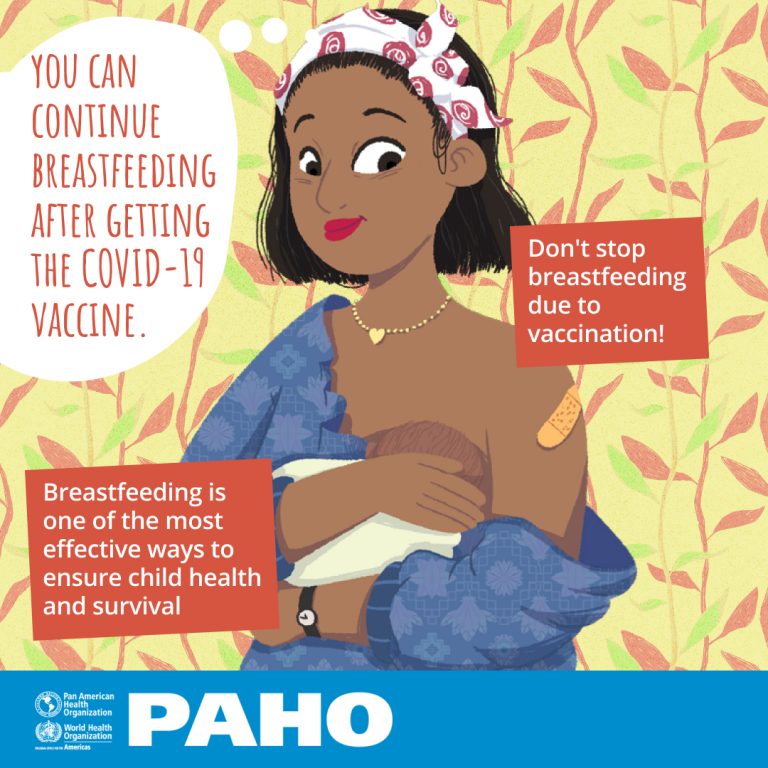
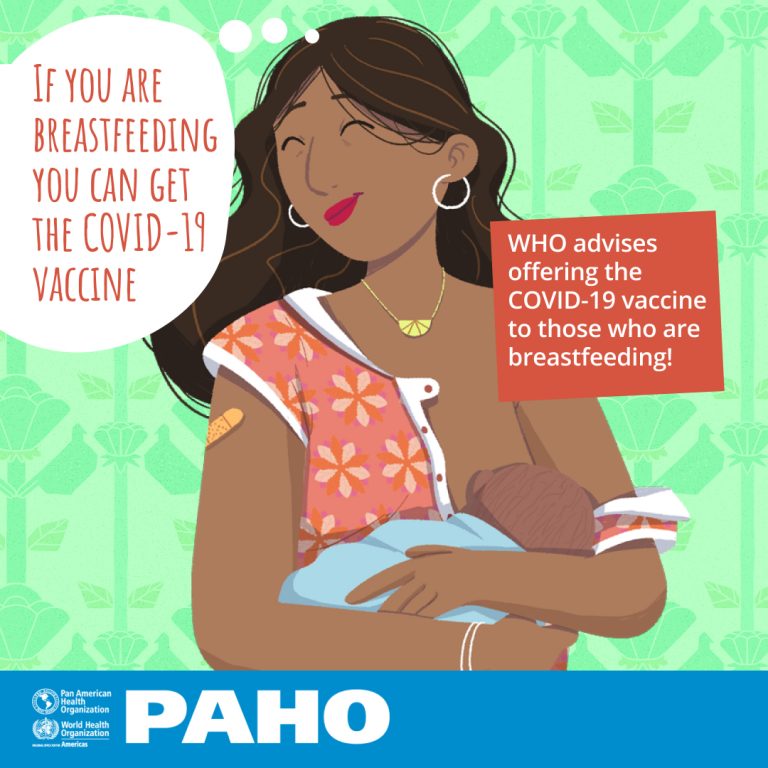
Addressing Barriers to Breastfeeding
Retruning back to the theme of “shared responsibility” to improve the health of mothers and infants by encouraging and supporting breastfeeding practices, a collective effort on various levels is necessary from educating the public to influencing policy changes. Some recommendations include:
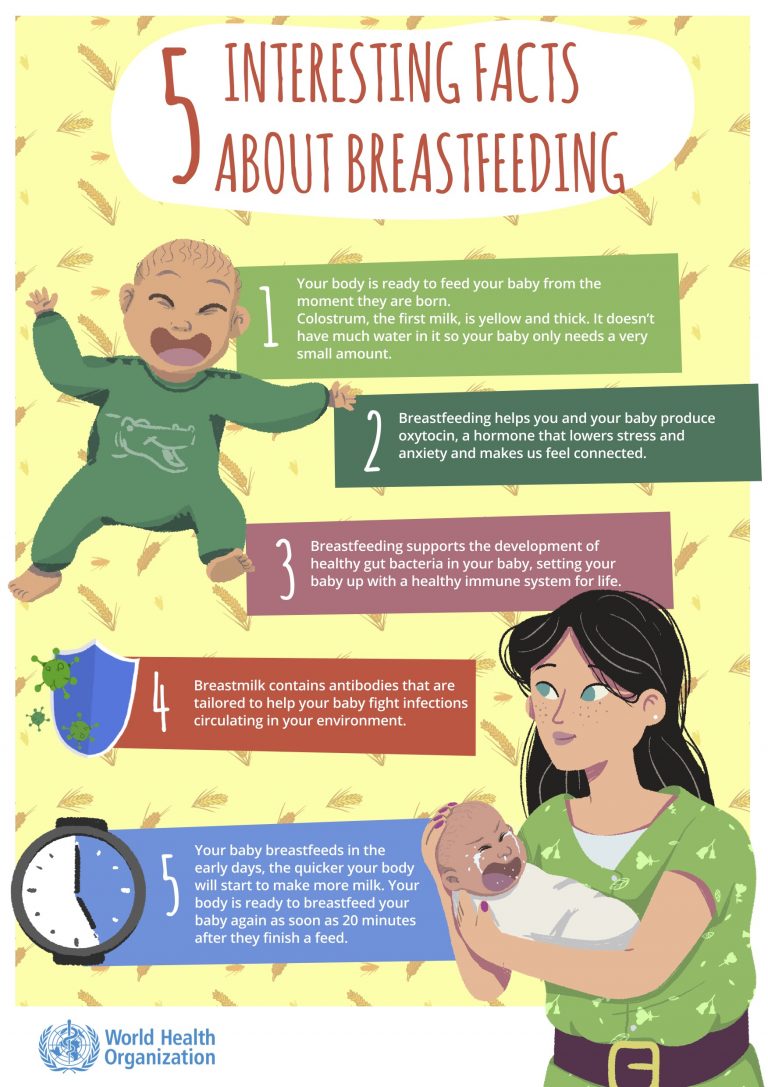
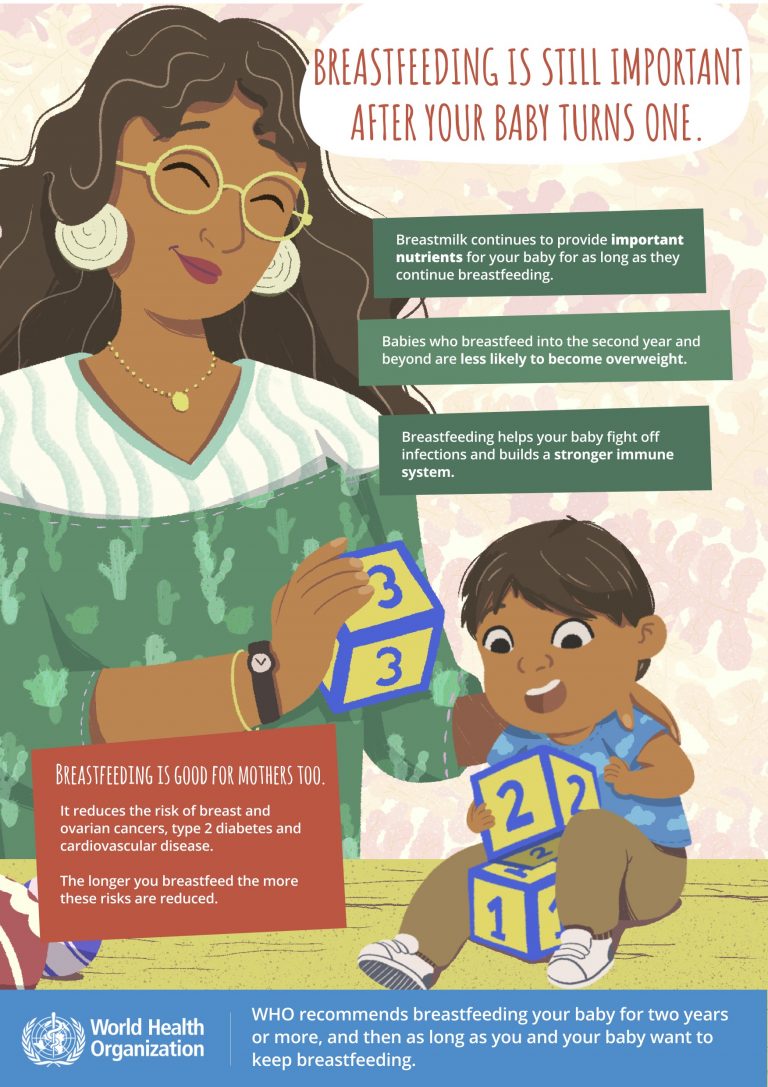
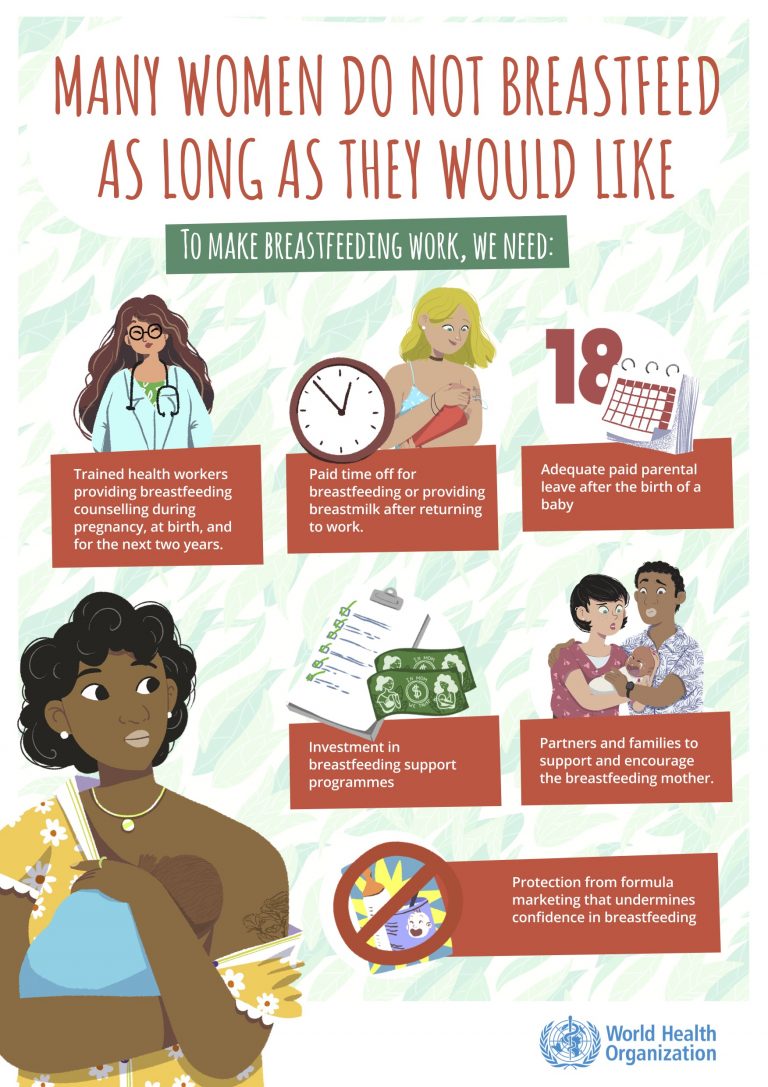
More from Bibi Chaterpateah here.
BCPHR.org was designed by ComputerAlly.com.
Visit BCPHR‘s publisher, the Boston Congress of Public Health (BCPH).
Email [email protected] for more information.
Click below to make a tax-deductible donation supporting the educational initiatives of the Boston Congress of Public Health, publisher of BCPHR.![]()
© 2025-2026 Boston Congress of Public Health (BCPHR): An Academic, Peer-Reviewed Journal
All Boston Congress of Public Health (BCPH) branding and content, including logos, program and award names, and materials, are the property of BCPH and trademarked as such. BCPHR articles are published under Open Access license CC BY. All BCPHR branding falls under BCPH.
Use of BCPH content requires explicit, written permission.